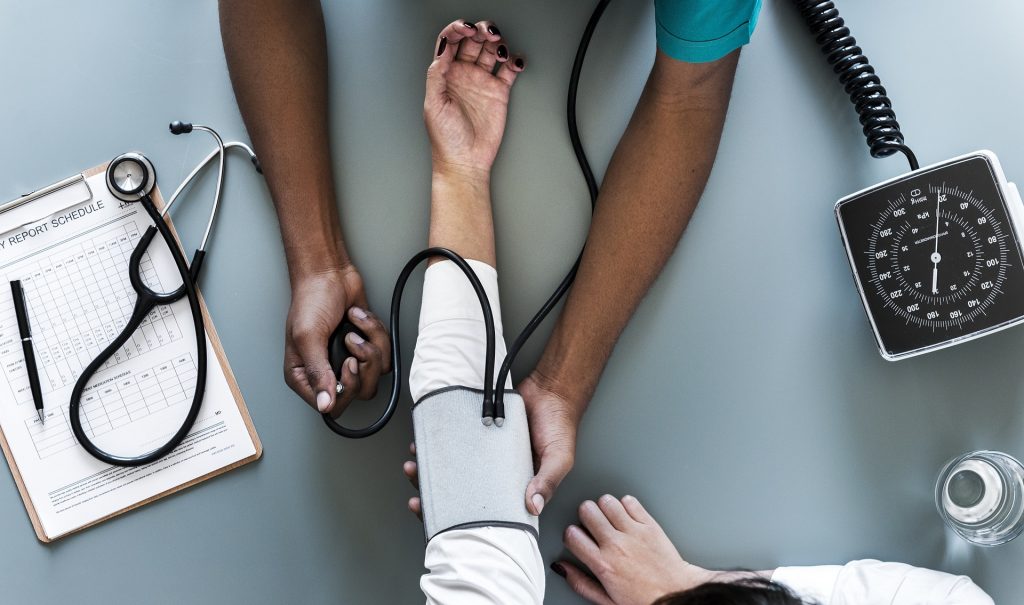Health screenings are important for a variety of reasons. They may identify early risk factors, or even potentially dangerous health problems that need treatment. Your health care provider may follow a specific schedule based on your personal health history, but here are some general guidelines:

Blood Pressure
If yours is normal, it should be checked every two years starting at age 20. If it is high, or if you have certain health conditions, follow the advice of your physician.
Cholesterol and Triglycerides
These should be tested every 5 years starting at age 20, more often if advised by your physician.
Diabetes
Blood glucose levels should be checked at least every 3 years, starting at age 45. If you are overweight and have any other risk factors, your physician may want to start testing earlier.
Physicals
This is a time to perform the tests above, and to also check your height, weight, and Body Mass Index (BMI). An unhealthy weight increases your risk for conditions like heart disease, diabetes, and cancer.
Breast exams
Women should have a complete breast exam done by a health professional every 3 years between the ages of 20 and 40, annually after age 40. Your physician may also recommend self-exams monthly.
Mammograms
Recommended every 1-2 years after age 40, but may vary with individual breast cancer risk factors.
Pelvic exams and Pap smears
All women should have these done every 2 years after the age of 21, earlier if sexually active. You may need a Pap smear less often after age 30 if you have had several normal results in a row. Also, consider the vaccine against human papilloma virus (HPV) between the ages of 18 and 26.
Colon Cancer Screenings
These usually occur between the ages of 50-75, and may include stool tests, colonoscopies, barium enemas, or flexible sigmoidoscopies. Test results and risk factors for colon cancer may determine frequency and amount of testing recommended.
Osteoporosis Screenings
Bone density tests (DEXA scans) should be done for all postmenopausal women with fractures or women under 65 with risk factors for osteoporosis.
By staying up to date on your health screenings, you can help prevent health problems or catch problems early so you receive timely and proper treatment.


